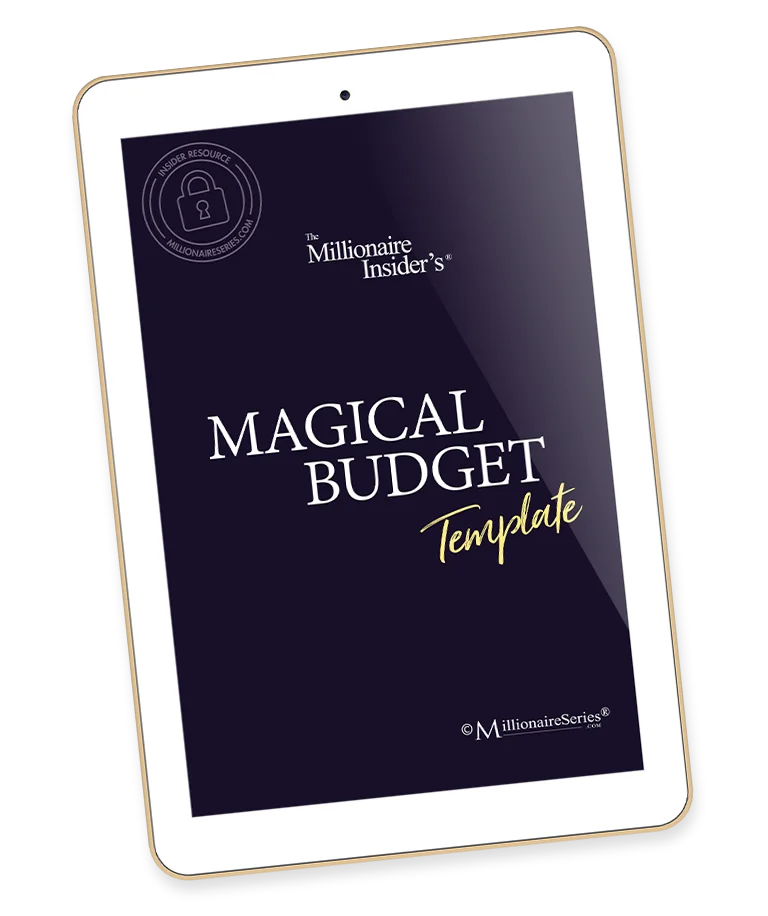People often ask, “What is tax planning, and how can I best prepare for it?”
Tax planning is important to your overall financial strategy. It is also essential to avoid huge tax debts at the end of the tax year. By the time you can file your tax return, the tax year will have passed, so you cannot make any adjustments that could reduce your tax bill. Tax planning would, therefore, be any step you take to minimize the amount of money you’ll be paying for taxes at the end of the tax year.
In other words, tax planning is a series of strategies and steps to minimize the percentage of your income that goes to the Internal Revenue Service. The higher your AGI (Adjusted Gross Income), the more you must pay for the tax year. However, tax planning lets you make changes that will lower your AGI, thereby reducing your tax bill and, thus, allowing you to save or invest more of your money.
Note that tax planning involves using legal allowances to reduce your tax due to the IRS. The Internal Revenue Service provides options for safe tax planning through the Internal Revenue Code (IRC).
Disclosure
All materials and intellectual property are copyrighted by MillionaireSeries.com®.
This information is for educational purposes only. It is not intended to replace any advisor or specialist or provide any investment, financial, tax, retirement, planning, or healthcare advice.
By reading this, you agree to hold MillionaireSeries.com® and its affiliates harmless for results achieved or not achieved.
Eligible Tax Deductions
There are several strategies for reducing your tax bill and taking allowable deductions. Some are obvious, such as claiming eligible credits and deductions. Examples include child credit for dependent children. Others include deductions for business and medical expenses.
Some deductions are subtle and uncommon, and a qualified tax preparer can help you identify all deductions available to you. They can also help you determine if it would be better to take a lump sum deduction or itemize deductions on your return.
Below, we have collated some tax planning tips and strategies to help you minimize your taxes.
Tax Planning Tips

- Funding your retirement account to the maximum is one of the smartest strategies for reducing taxes and getting free money. The most common retirement plan for employees is the 401(k) plan.
Most employers match the amount of money you pay into the plan dollar for dollar up to a certain amount. So, if your company matches up to 6% of your contribution and you earn $100,000 per year, then if you fund your retirement with at least $6,000, your firm will match it by contributing an additional $6,000 into your retirement plan. That’s why many people call it “free money!” - While 401(k) accounts are offered through your employer, you can create a retirement plan account for yourself if you are self-employed. An example of such an account is the SEP IRA (Simplified Employee Plan).
- Saving for college tuition using a 529 plan will also help you reduce future taxes as the growth in the account will not be taxed. If your children are already past college, you could save up for your grandchild.
Note that amount limits apply to this every year. If you exceed the limit, you will incur gift tax. - Find out if you are eligible for the Earned Income Tax Credit (EITC). This will reduce how much of your income you get taxed for and might even get you a refund from the IRS.
Additional Tax Savings Tips
- If you think you may be in a higher tax bracket in the current tax year, you may want to defer income to the next year (if you can).
For example, you can wait until January to sell assets that generate capital gains taxes. Examples include appreciated investments or real estate.
It also can be beneficial if you are self-employed, as you have more flexibility on your earnings, salary, and expenses. For example, if you have extra income in the current year, you can make purchases before the yearend to reduce your tax bill. - You can also find helpful information on your tax withholding on the IRS website. For example, you can find out what you can deduct. The withholding estimator can also help you determine if you are having too much or too little tax withheld.
- If you are an employee, you must file a Form W-4 for withholdings. If you anticipate higher earnings and, thus, have more taxes due, you can submit a revised Form W-4 to your employer requesting that more money be withheld on each paycheck.
In years when you have less income, you can revise the form to reduce your withholding. - Confirm where you are in relation to your tax bill. If you will owe taxes, create a plan of how you will cover the bill. Please don’t wait until taxes are due to determine how you will pay for them. This will cause undue stress, and you may not have the cash to pay the tax debt.
If you owe fewer taxes for the year, determine what you will do with the refund so you don’t just blow it. - Meet with a Certified Public Accountant (CPA) or tax advisor in October or November so you have time to create a plan and make adjustments before the year-end. This is especially important if you have a business.
How to Save on Taxes

Aside from diverting your income, you can also save money as a taxpayer by taking advantage of tax credits and deductions you may be eligible for. We have compiled a few tips to help you achieve this.
Nevertheless, you should note that you cannot cut corners with taxes; these tips will only apply if you are eligible.
Gather Your Tax Documents and Keep them Organized
For the filing process to be easier, you must keep important documents in one place. This will help prevent errors and loss of important information. It can also help you avoid missing deductions you are eligible to receive.
Hire a Tax Professional if Possible
You may be able to do tax planning on your own if your affairs are straightforward. That said, sooner rather than later, you will probably need to hire a tax professional if you don’t already have one. Hiring a professional can reduce stress and help you avoid costly mistakes.
Take All Allowed Tax Deductions
There are several ways you may be able to benefit from tax deductions. The key is to know what deductions you are eligible to take. A qualified tax expert can assist you in this area.
If you have questions on tax planning or other financial matters, click here:

Claim Dependents
An efficient way to benefit from tax deductions is through the number of dependents you claim. A dependent is a child under the age of 18 or a child under the age of 24 if the child is a full-time student. Dependents also include parents, siblings, and other relatives who may qualify. Check here to see the current deduction available to you.
Ask Your CPA for Additional Recommendations
As a bonus tip, we recommend reviewing all deductions and asking your CPA for additional recommendations before filing your tax. Accurate returns will not only save you from experiencing delays and avoiding audits but can also save you money from penalties and overpayments.
Conclusion – “What is Tax Planning”

You may save hundreds of dollars on deductions and credits by doing the right things. This is what tax planning helps you do.
Following the tips here can help you start right and begin saving more money to create a debt-free life you love.


